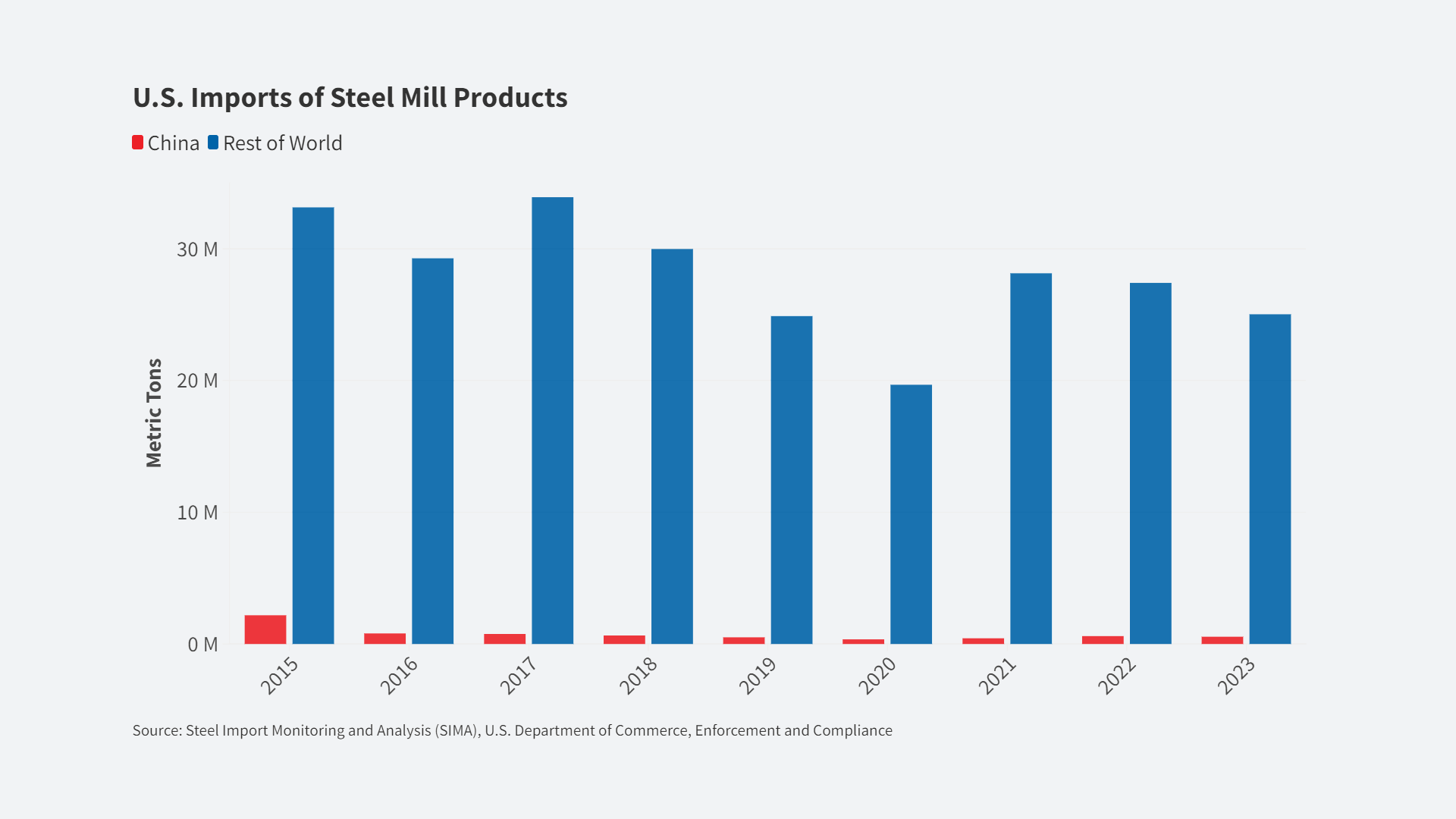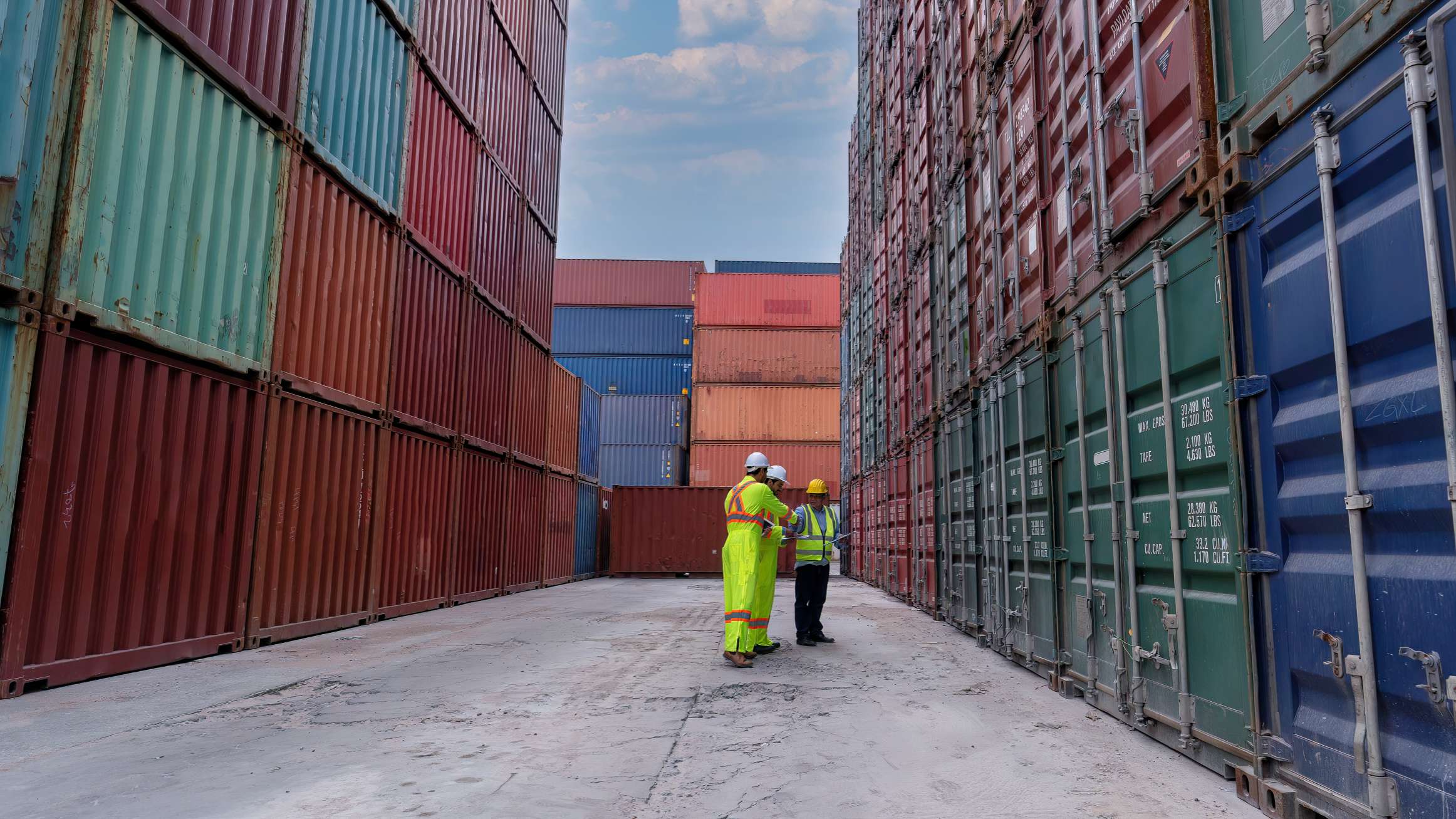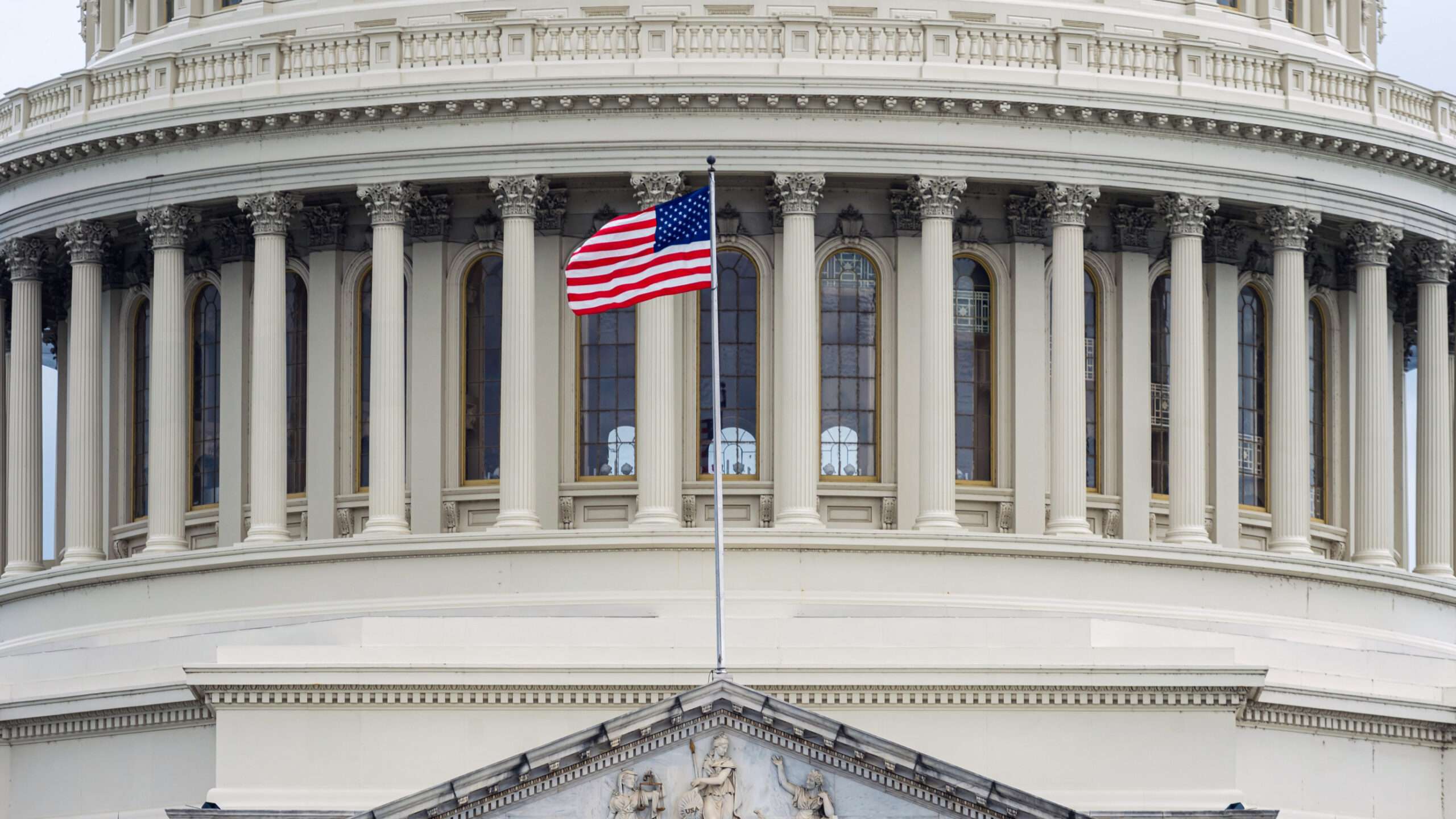By Jeff Ferry, CPA Research Director
On Friday, President Trump announced two executive orders that look like the beginning of a major offensive on trade policy. “Today….I set the stage for a great revival of American manufacturing,” the President said in Friday’s White House briefing.
The most significant executive order calls for a 90-day investigation into our trading relationships on a product-by-product and country-by-country basis to discover the causes and drivers behind our huge persistent global trade deficit ($502 billion last year), and our large, persistent bilateral deficits. Equally significant was the fact that two key trade hawks in the Administration, Secretary of Commerce Wilbur Ross and National Trade Council Director Peter Navarro were highly visible as the lead figures on these initiatives.
In Friday’s Oval Office briefing, Trump used some stirring language: “I’m not thinking about my business or anybody’s business. Wilbur isn’t. Peter isn’t…. We’re here to do a great job for the American worker and for our companies where American workers are employed… Whether you’re a Democrat, a Republican, or belong to no party at all, you are an American and I’m here to represent you and your family.”
As we’ve noted before, when you look at America’s largest bilateral deficits, you quickly focus on China, Mexico, Japan, Germany, and Canada. Persistent trade surpluses are not natural, but are often the result of intentional foreign government policies designed to export their unemployment. Further, it is the nations that are running large, persistent current account surpluses that are overproducing and underconsuming at the expense of the rest of the world. According to IMF figures, the two largest current account surplus nations are China ($331 billion in 2015) and Germany ($280 billion).
In the last five years, China and Germany have each run a trillion dollars’ worth of surpluses. That means that somebody else has to run deficits. The world champion deficit country is the U.S., which ran over $2 trillion worth of deficits in those five years. The U.K. is second, running about $1 trillion of deficits during that time. Both those countries have passively watched as their manufacturing base got hollowed out by the mercantilist policies of the surplus nations.
Cheating on existing trade laws is likely to be another major factor in the Administration’s investigations and policy deliberations. We won’t prejudge what the new study will find, but it is significant that in a new annual report on trade in 2016 published by the US Trade Representative’s office this week, China was highlighted for practices including building and maintaining excess (subsidized) capacity in steel and other key industries, and forcing foreign companies to transfer technology as the price for entering the Chinese market.
As expected, the chorus of free traders quickly leapt into the fray with criticism of Trump’s new trade initiatives. For example, Caroline Freund of Washington’s Peterson Institute argued yet again that the trade deficit is a fiscal phenomenon, caused by insufficient saving in the U.S. economy. She called for reduction of our budget deficit and other measures to get Americans to save more. Like Herbert Hoover in 1930, she thinks that the solution for the stagnation in U.S. living standards is more pain and self-denial. What these free traders overlook is that direct action on the trade front will stimulate our manufacturing sector and drive the economy into a positive cycle of greater investment in manufacturing and greater insulation from predatory pricing and low wages from state-subsidized foreign competition, which will in turn lead to more saving and investment.
Meanwhile, China does not yet appear to be fazed by the Trump Administration’s moves. Vice Foreign Minister Zheng Zeguang told the Financial Times: “if the U.S. would relax controls on high-tech exports to China and facilitate Chinese investment in the U.S., that would be helpful in addressing the trade imbalance.” This is a bit like the bank robber telling the bank teller that if she would just hand over her money with a smile, there would be no need to shoot.
After pulling out of the TPP, then signaling its intention to re-negotiate the NAFTA agreement with Canada and Mexico, and now these two executive orders, we think the Trump Administration is serious about rebalancing the world trading regime. America must focus upon rebuilding its own economy rather than continue fulfilling the internationalist dream of building up the global middle class on the backs of American consumers. While this week’s NAFTA re-negotiation announcement was characterized by some, like our friends at the Peterson Institute, as a climbdown from Trump’s pre-election tough talk, our suspicion is that once Robert Lighthizer joins as USTR, beefing up the ranks of trade hawks in the Administration, we’ll see a tougher line on NAFTA too.
Ultimately, the entire world will benefit, because a stronger U.S. economy will end up driving global growth. But instead of paying for it with the insane combination of US Treasury bonds backed by a country helplessly descending into poverty, destitution, and urban decay, we’ll pay for it with American goods and services produced at home.













